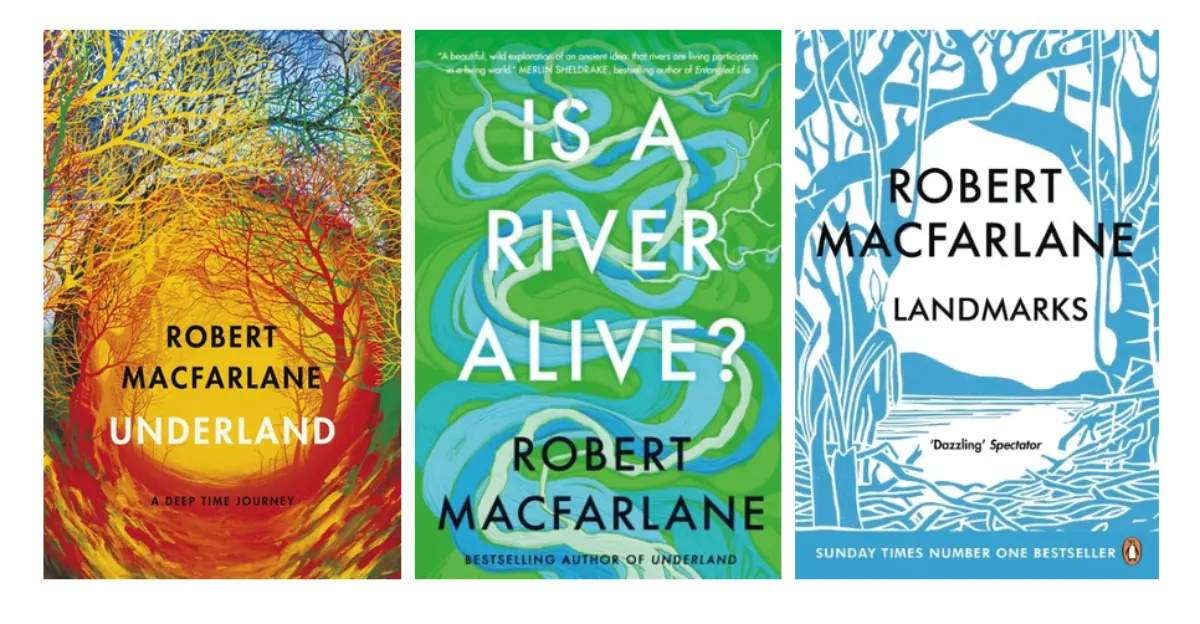You can win big cash prizes and build your writing portfolio by entering writing competitions. Here are 8 steps for creating a compelling short story that will land you on the winners’ list!
Many people enjoy reading short stories because they are concise and to the point. Writing them is not as simple though, which is why many writers take a crack at it and fail. However, if you follow these 8 steps, you will be well on your way to crafting a story with a chance of making the shortlist.
Firstly, what are the rules of writing a short story?
There are no universal rules, but in general, the ideal length for a short story is between 1,500 and 5,000 words.
However, what guidelines don’t tell you is that a short story has to grab your reader’s interest from the start. What’s more, you don’t have the luxury of pages of descriptive writing as you would in a novel.
When it comes to short stories, you only have an average of 2,000 words to bring in your characters, define the setting of your story, and introduce conflict between the protagonist and the antagonist that will keep the reader dying to know how it all ends.
Does this mean every story has to have a happy ending? Definitely not. But it should reach a satisfactory conclusion, so your reader thinks, That was a good read.
So study the 8 vital steps below, and send us a story that will have us hooked.
1) Draw inspiration for your story from everyday life.
Some of the most lauded short stories in the world are based on everyday events, with one or two characters. You don’t need explosions and car chases and fireworks for a short story to be compelling.
2) Analyse what makes for a great short story.
In particular, read the past winning entries of your target competition so that you know what kind of fiction they like. Is there a particular genre that they prefer? What is the specified word count? What is the theme? What tone do most of the stories have: Are they humorous, serious or sad? Make sure that you submit a story in line with the preferences of the competition.
3) Develop an exciting premise with characters who are believable but not perfect or invincible.
To do this, you need to become familiar with the people in your story. Adding details about age, appearance and personality as you develop the characters will help the reader understand them better.
Read more about developing your characters here.
4) Write your first draft!
It doesn’t have to be perfect — jot something down quickly so you can start editing it later.
Once your first draft is written, start the polishing process. Spelling and grammar errors, typos, formatting issues — these all detract from the reading experience. Make your writing appear effortless by editing carefully. Learn more by reading 20 editing pointers here.
Study creative writing with one-to-one tutoring by an award-winning writer.
5) Make sure your story flows logically from start to finish.
- Write out your story in order from start to finish so you know what is happening, and when. It might help to set out a timeline of events. For instance, if the protagonist wakes up after having slept for a couple of hours, don’t have them wake up and then start their normal routine before going back to sleep again — that would make no sense!
- Don’t make big plot jumps, and also don’t leave out important details either. Make sure all your story details are internally consistent. For example, a character wearing a red dress in one paragraph and then suddenly a ski jacket in the next would be confusing and misleading. Read more about creating logical flow here.
- Part of logical flow is making sure your use of tenses is consistent. Decide how to use tenses for your story and stick with that. If you are writing in past tense, then flashbacks should be written in the past perfect tense.Similarly, if your main story is happening in the present, then you can use the present tenses throughout, apart from flashbacks that will be written in past tense. Brush up on your tenses here.
- The same rules apply to the point of view, too: Stick to the perspective of your initial choice – keep to either first person or third person, and don’t switch. Furthermore, you can’t refer to your reader as ‘you’, and then change to ‘we’ and then ‘one’. You have to keep the narration consistent and use the same pronoun and its variants throughout your story. Read more about Point of View here.
Here is an excellent series with in-depth explanations for point of view.
Get Notified About Global Writing Contests
6) Craft a decent ending.
- The ending should be satisfying and make the reader feel the whole reading experience was worthwhile.
- A good ending can also create a sense of mystery, wonder, or even sadness– if that’s the tone you’re going for.
7) Make sure you have a good mix of action, description and dialogue.
- Make sure you describe what’s happening in detail: a description as simple as ‘James slammed the door shut and turned the lock’, can make a big difference.
- Good dialogue should always serve a purpose. If your protagonist is saying that they’re scared, make them say why; for instance, their mother always said never to go down into the basement.
- Action scenes are usually better with physical detail; the writer could describe how an assailant looked as they hit a victim or where the assailant hit the victim on their body with an object.
- Good descriptive devices can make writing come alive. The easiest way to keep a reader engaged is by using word pictures. Read here about 11 Ways to Keep Your Reader Hooked.
8) Get feedback from a trusted friend or two.
- Ask them to think about the story as a whole, and not just in terms of grammar and spelling errors.
- They should also consider how well your characters are developed and what they thought was realistic versus unrealistic given that character’s situation.
- Make sure you tell people it’s okay for them to be completely honest with you!
- They should also highlight any areas where they think the story was unclear. Ask them if there were parts that didn’t make sense to them and what they would change (or add) to make the story clearer.
- Think about how you’re going to respond to your friends’ feedback. – Quiz them about what they thought.
- If they can’t figure out how an event unfolded, ask them to tell you what they think should have happened instead.
- It may be helpful for them to ‘draw up’ a timeline of the events in their head and then to write down any questions or thoughts about key points — that way, you’ll know exactly where your story needs revising.
Follow these 8 steps to write winning short stories!














